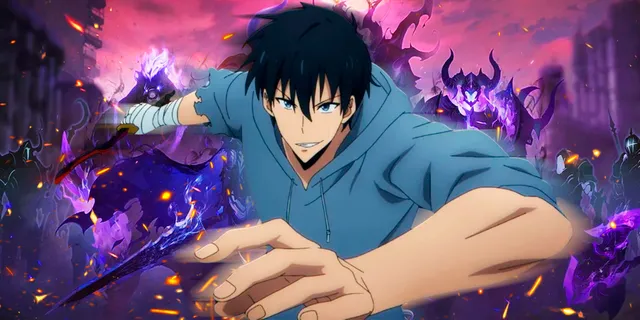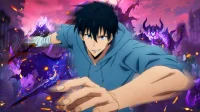The anime landscape has seen few premieres make waves quite like Solo Leveling. Originating from a wildly popular South Korean webtoon, the anime’s adaptation arrived with immense expectations and, remarkably, surpassed them. With stunning animation, intense action sequences, and a captivating soundtrack, Solo Leveling quickly distinguished itself not only as another fantasy sensation but as a potential paradigm-shifting entry into the genre. Just as Attack on Titan did for 2013, Solo Leveling is shaping up to do for 2025.
However, the underlying story is just as compelling as the show’s surface appeal. A recent Reddit AMA featuring producers Sota Furuhashi and Atsushi Kaneko, hosted by u/Crunchyroll-Official, revealed insightful perspectives on the creative process behind the series. Their remarks unveiled the monumental significance of Solo Leveling, not just for its fans, but for the entire anime industry, indicating a transformative moment in the anime domain with Solo Leveling as its driving force.
“As animation producers, we don’t know if we’ll ever encounter another project with the same scale and impact as Solo Leveling. It’s a rare kind of series. This has been a truly special experience in our careers.”
– Sota Furuhashi & Atsushi Kaneko
Solo Leveling: A Unique and Groundbreaking Production
Why Solo Leveling Represents a Once-in-a-Career Opportunity
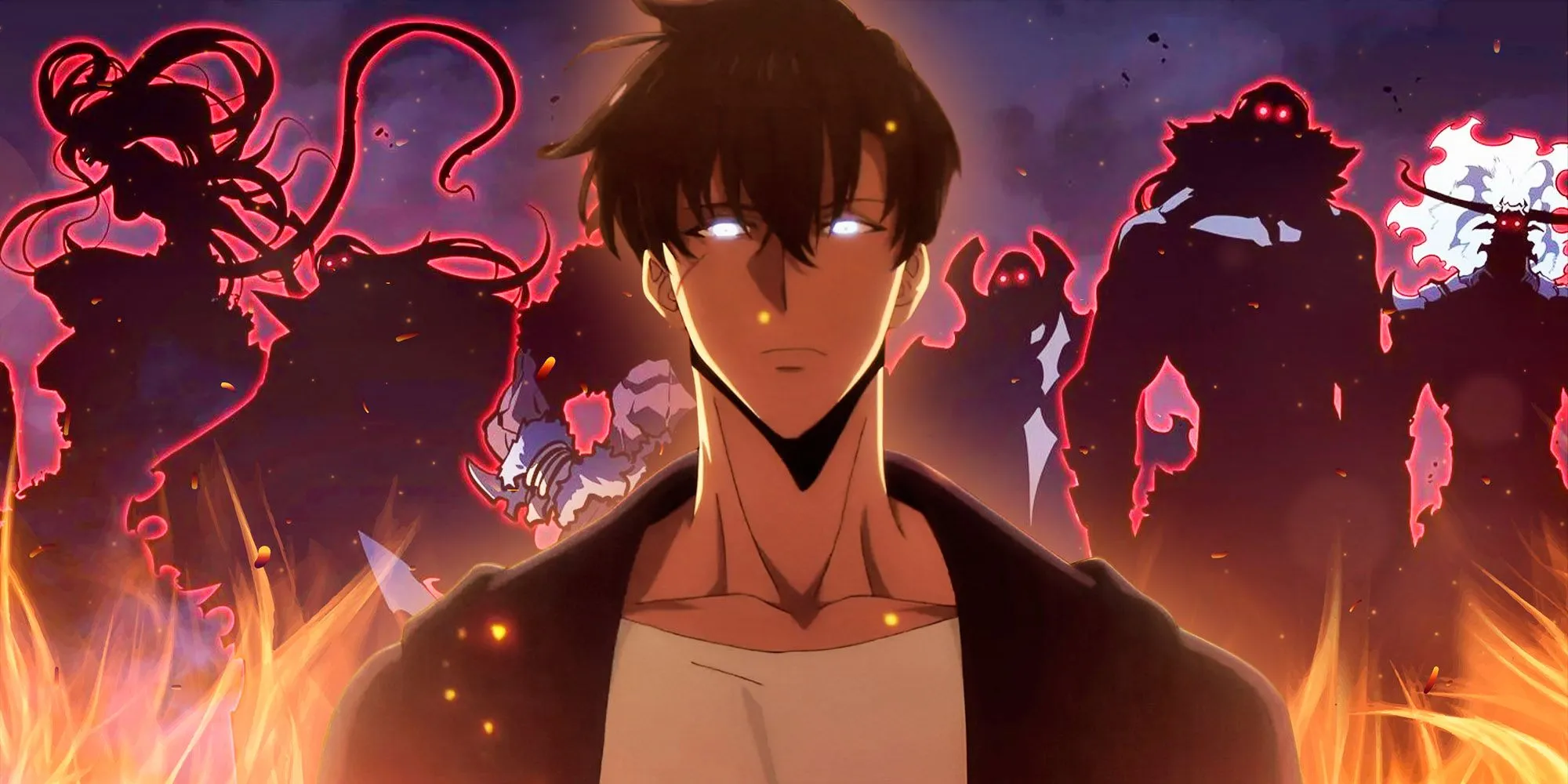
Furuhashi and Kaneko’s characterization of Solo Leveling as a “truly special experience”underscores the project’s rarity within the anime industry. Such a bold assertion from industry veterans suggests that the level of production excellence, expansive scope, and reception are exceptional. This recognition marks Solo Leveling not merely as a success but as an extraordinary phenomenon.
The production of the anime was a collaborative effort involving notable studios like A-1 Pictures, complemented by the unique talents from both Japan and Korea. This international cooperation, along with an extensive existing fanbase from the webtoon, resulted in a series that felt more like a global landmark than a mere seasonal release. Solo Leveling emerged as a cultural event in its own right.
One of the standout features of Solo Leveling is its embrace of cross-cultural elements. Unlike many anime adaptations drawn from Japanese manga, this series successfully links Korean source material to Japanese animation styles. Instead of diluting the original manhwa’s vibrant themes, the creators honored them, leading to an exciting adaptation that remains true to its roots while escalating its essence. This bold approach likely contributed to the producers’ perception of it as a unique opportunity.
Is Solo Leveling Destined to Set a New Industry Standard?
How Solo Leveling Is Revolutionizing the Field
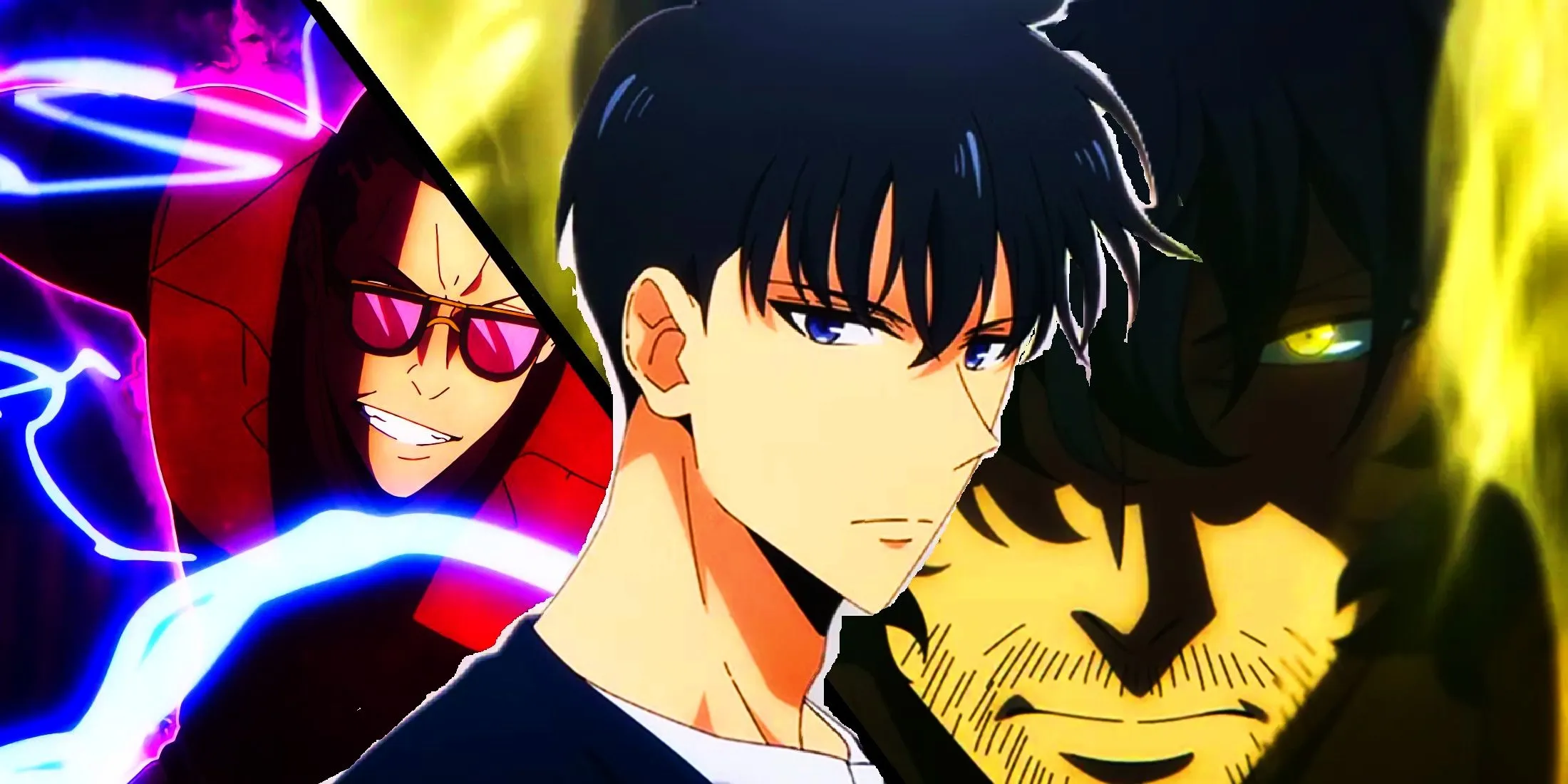
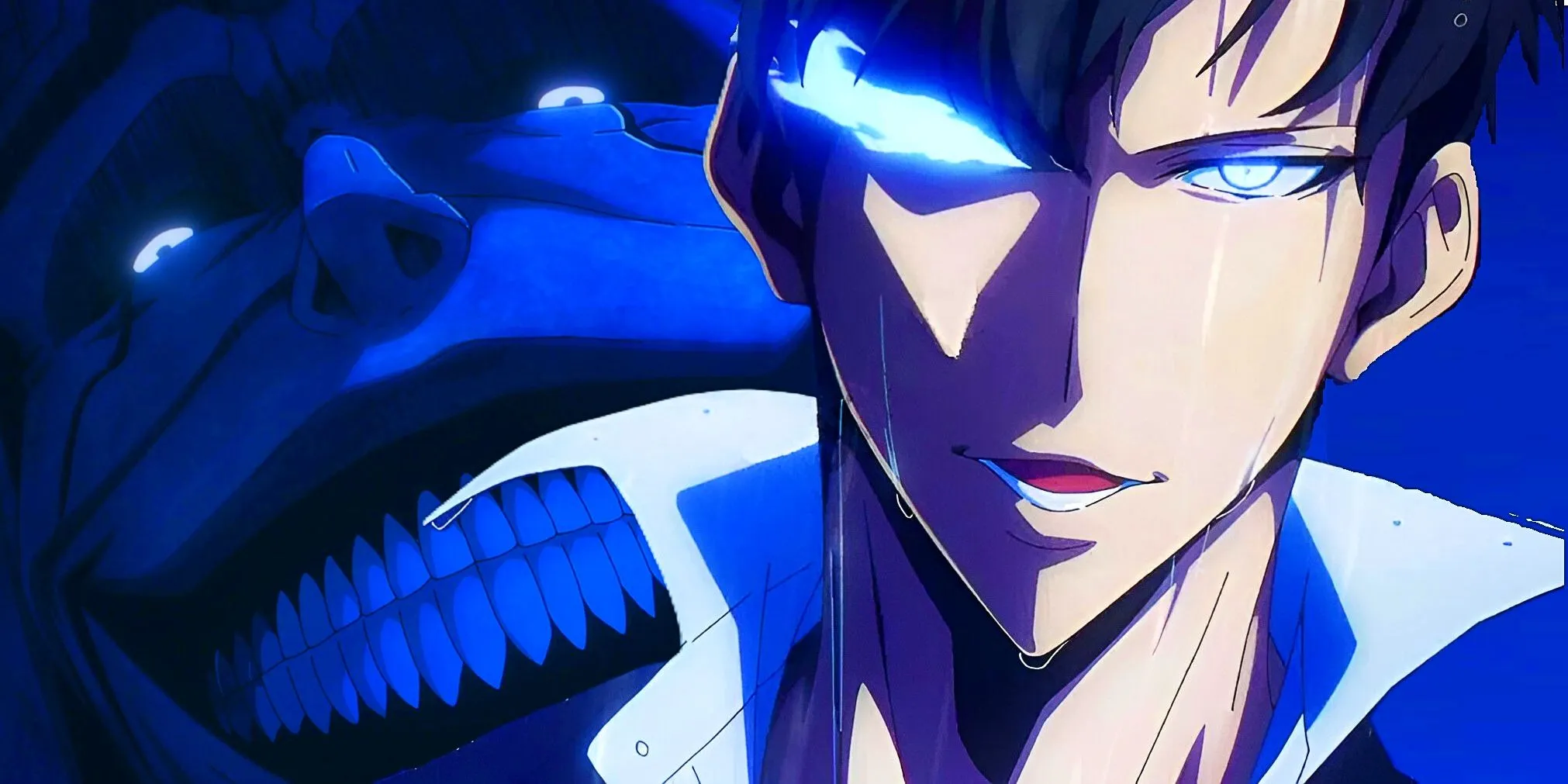
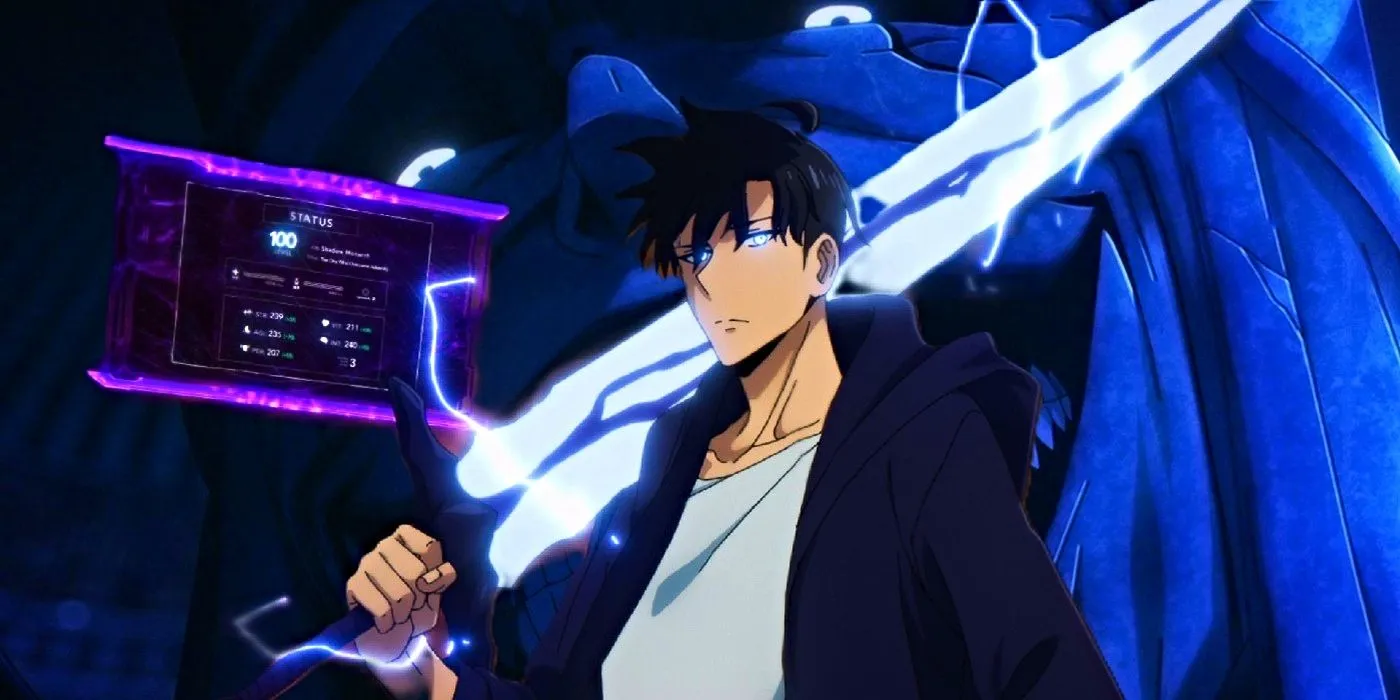
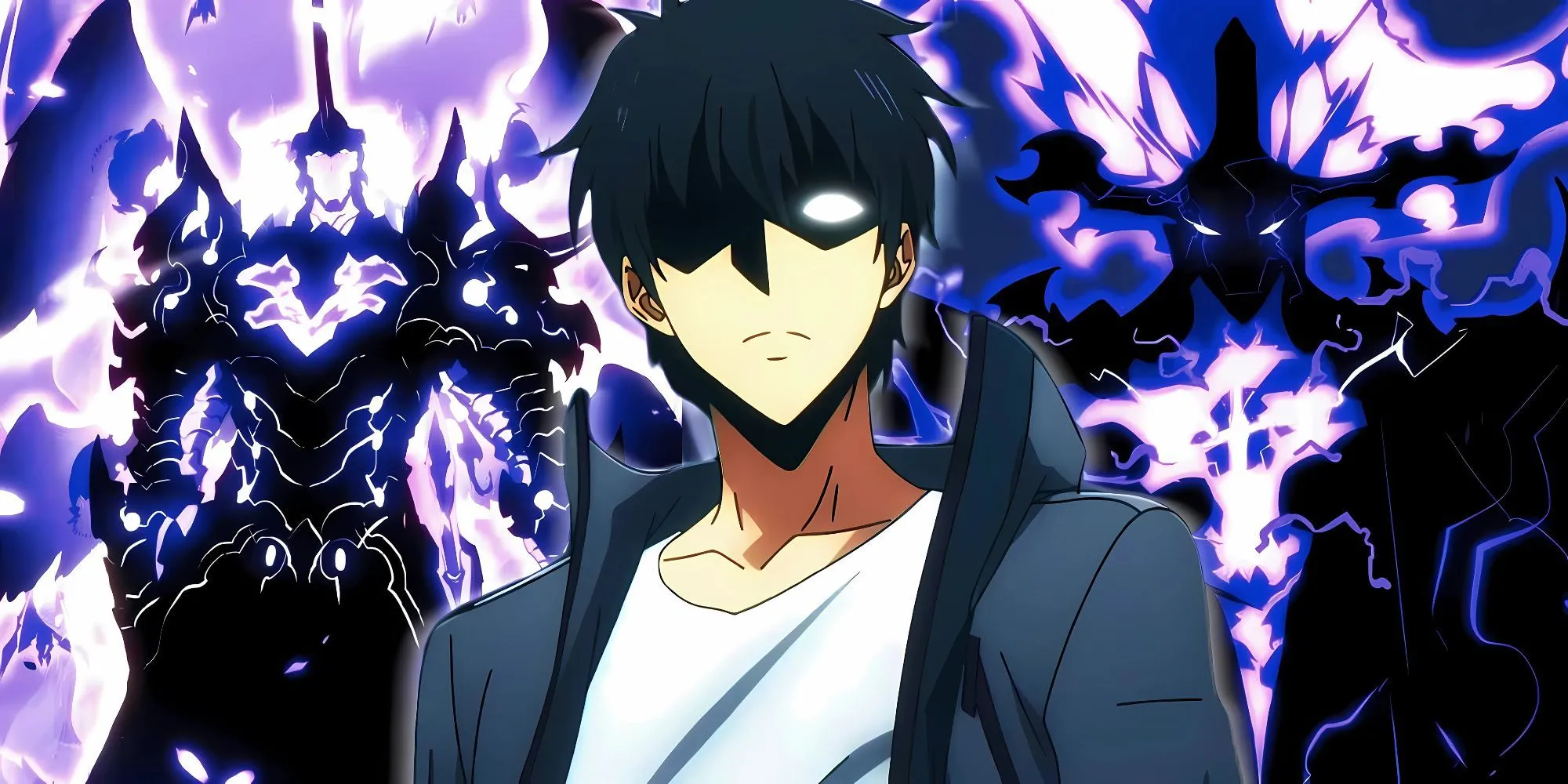
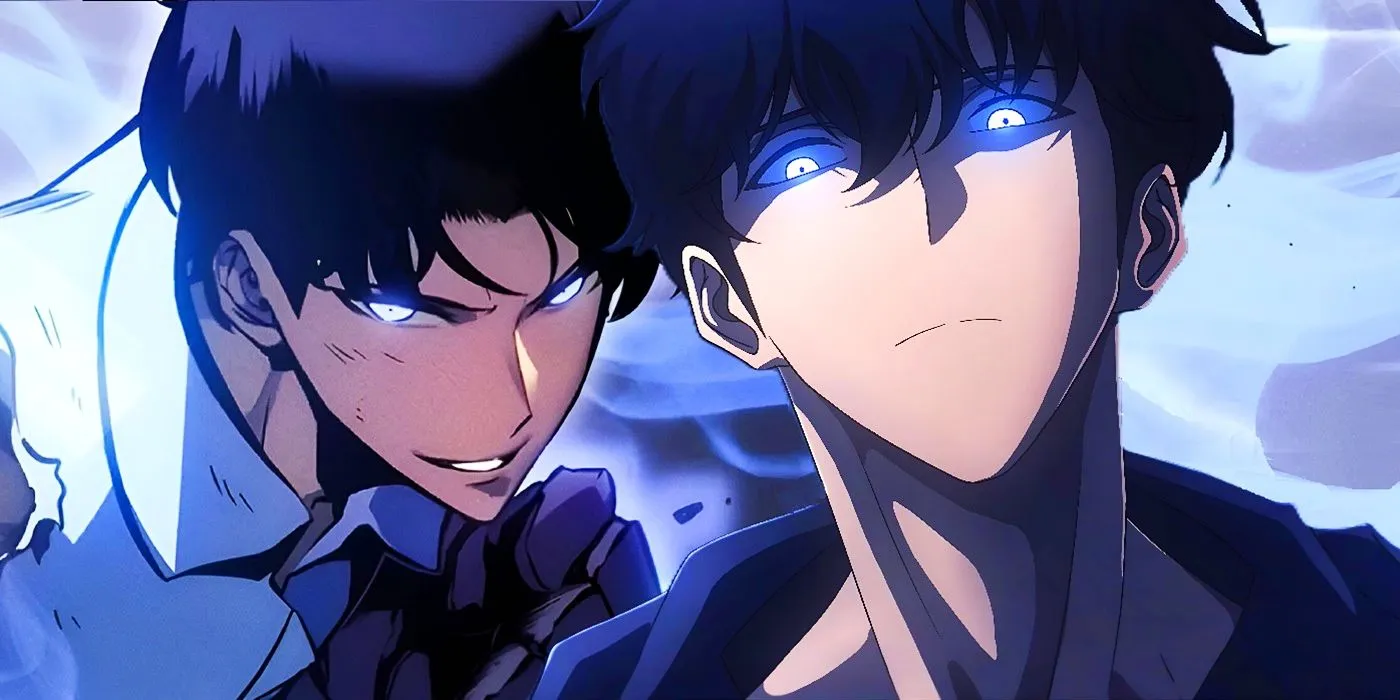
Comments from the producers hint at more than just a personal milestone; they signify a pivotal evolution in the anime industry. Should Solo Leveling serve as a prototype, viewers can anticipate a rise in large-scale adaptations of diverse global narratives, particularly from Korean webtoons. The increasing success of such adaptations indicates a consumer appetite for new narratives and styles beyond the traditional manga-to-anime route.
Furthermore, the marketing and distribution of Solo Leveling demonstrate a profound understanding of global fandom dynamics. With simultaneous streaming options, multilingual subtitle availability, and extensive social media outreach, the series was engineered for heightened international engagement. Such level of strategic focus is typically reserved for only the most high-profile titles, suggesting that the producers and their affiliated studios recognized its exceptional potential from the very beginning.
Solo Leveling is far more than a fleeting hit; it acts as a bellwether for the future of anime. It showcases the thrilling potential of what lies ahead in the genre.
Solo Leveling: Beyond Simple Fandom
The Deeper Significance of Solo Leveling
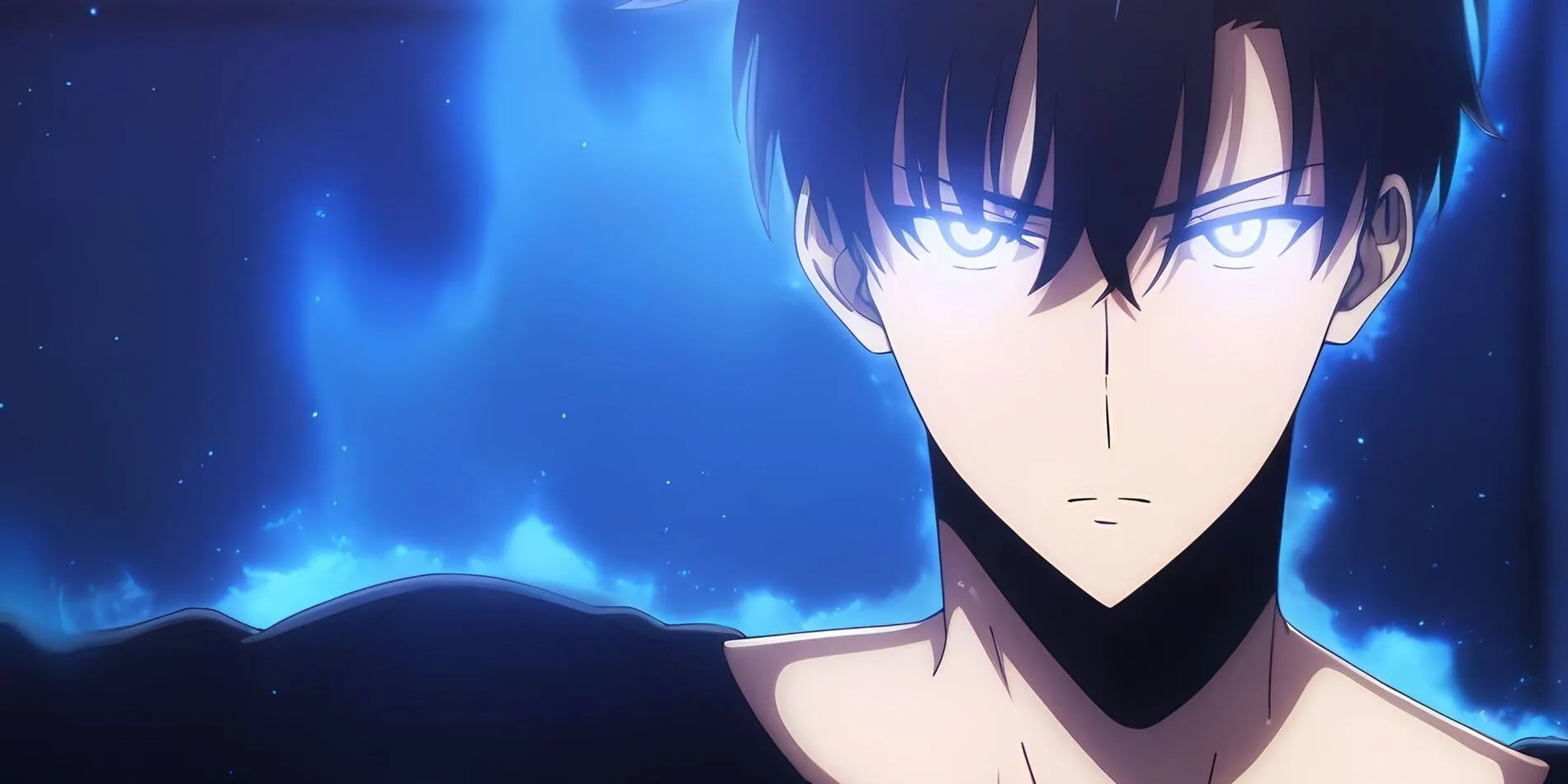
The widespread admiration for Solo Leveling is no surprise, given its electrifying action, dynamic pacing, and the magnetic charm of its protagonist, Sung Jinwoo. However, the true weight of the producers’ remarks reveals that this series transcends ordinary commercial success. It signifies a pinnacle moment in their careers—an achievement that may never be replicated again. Such candid admissions are rare in an industry known for its reserved nature, hinting at a profound emotional connection to the project’s impact.
This candid recognition also highlights the rarity of a project that effectively marries creative vision with production grandeur and stellar audience response. While many anime titles may excel in one or two of these areas, few manage to balance all three simultaneously. Solo Leveling exemplifies this unique harmony, representing a confluence of source material, team dynamics, timing, and eager audience anticipation, culminating in an unforgettable viewing experience. It was a truly singular achievement, fully acknowledged by its creators.
In the anime fandom, we often measure shows by their popularity metrics, including merchandise sales and streaming figures. Yet, testimonials such as those from Furuhashi and Kaneko provide a necessary reminder—these shows are crafted by passionate individuals who sometimes find themselves immersed in projects that feel like a once-in-a-lifetime opportunity. For the creators of Solo Leveling, this series was indeed such an opportunity, hinting at a legacy that may extend far beyond the expectations of fans.
